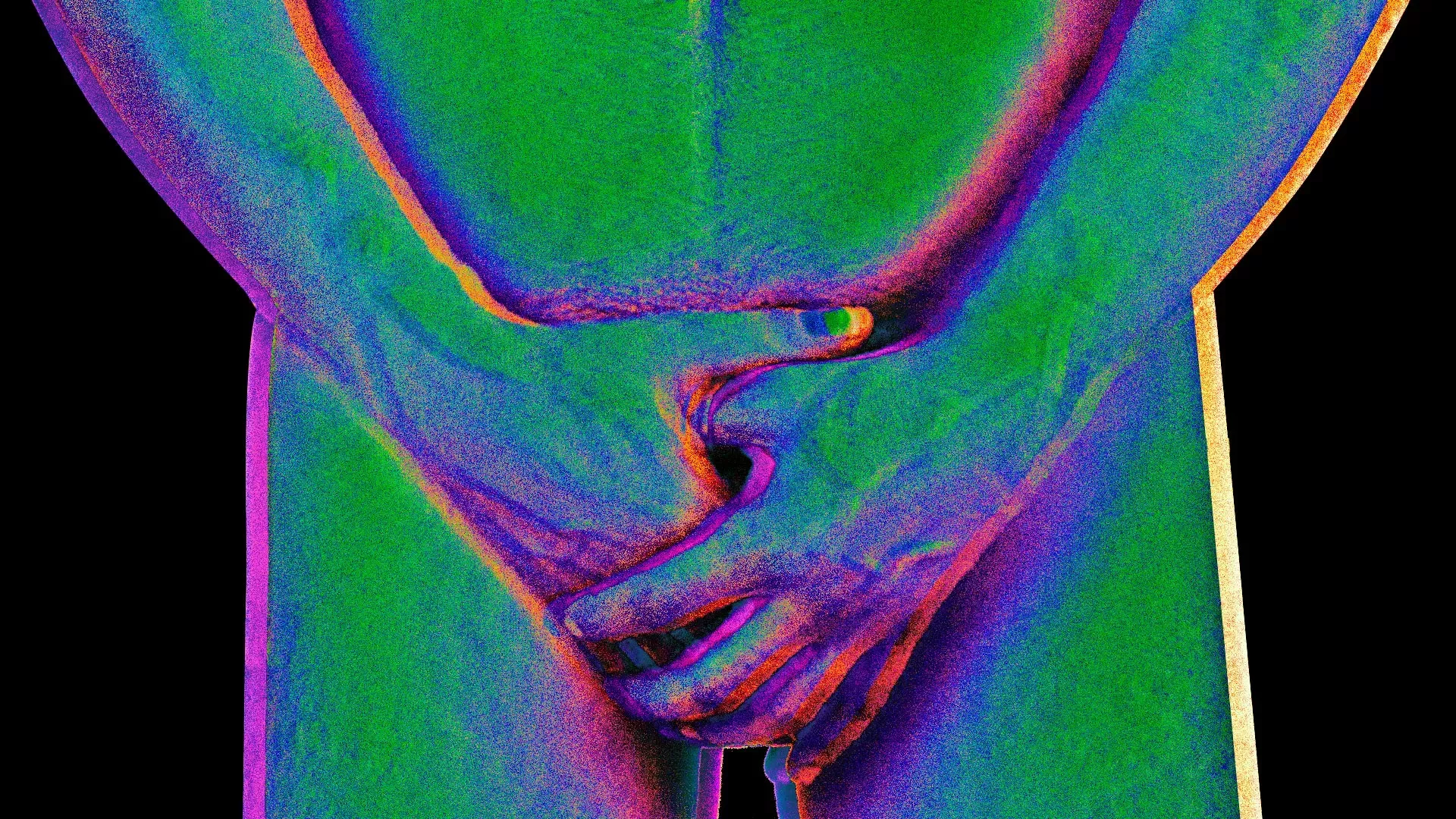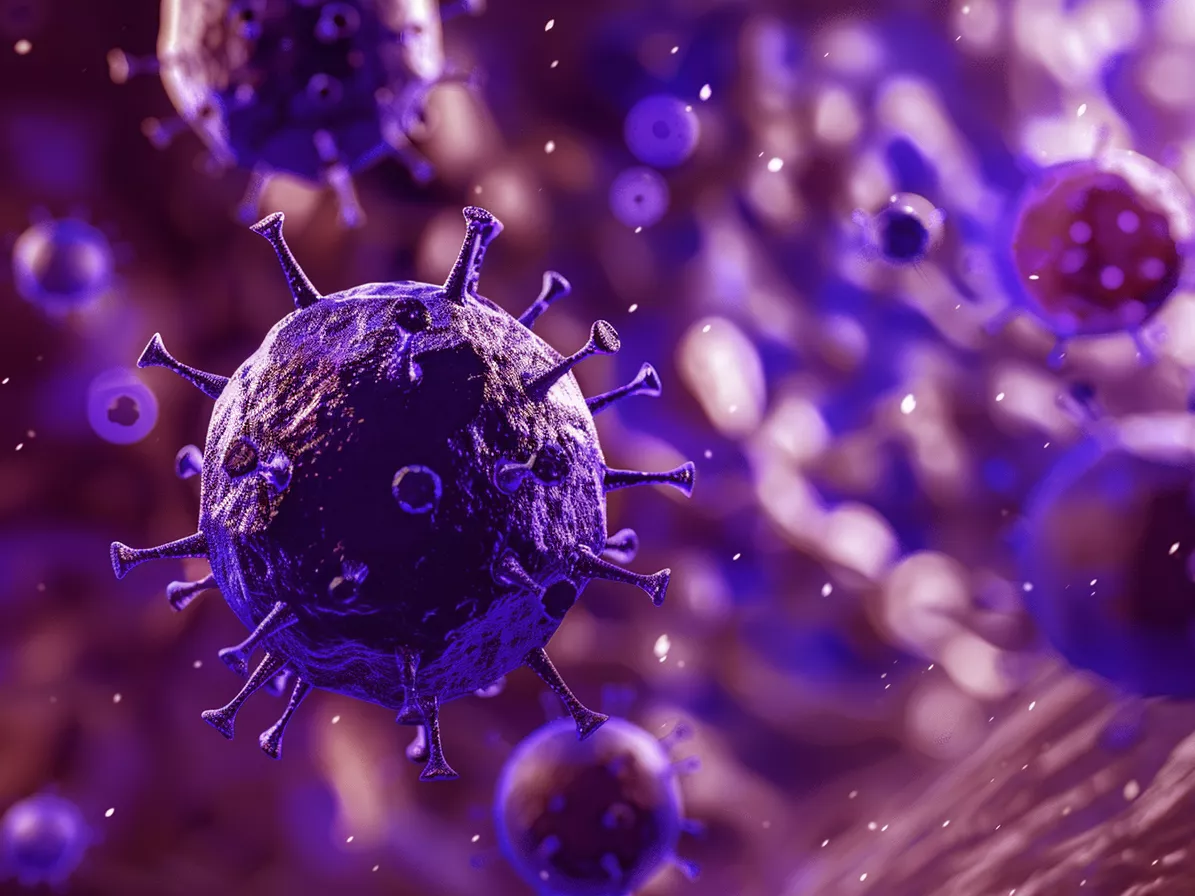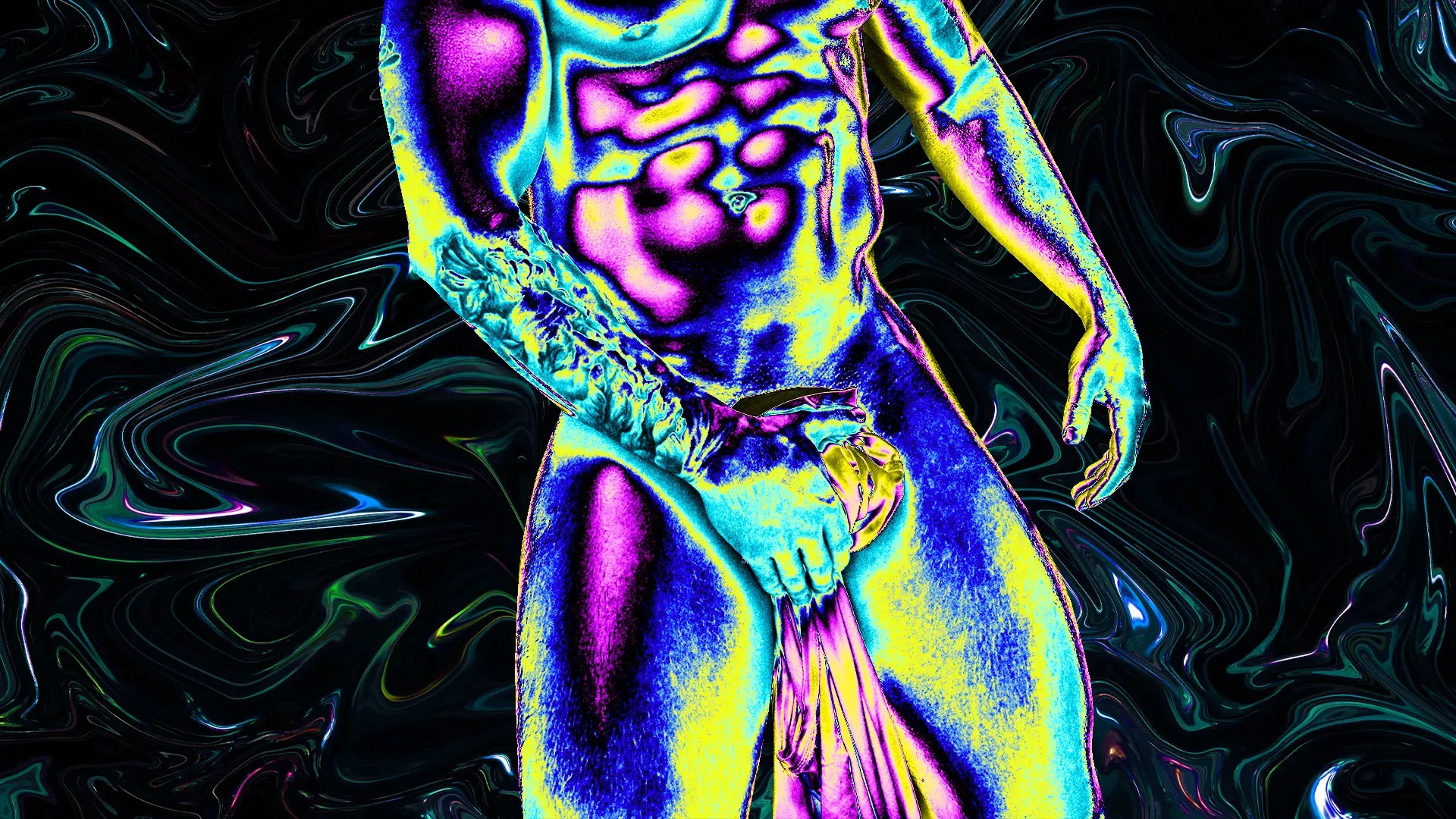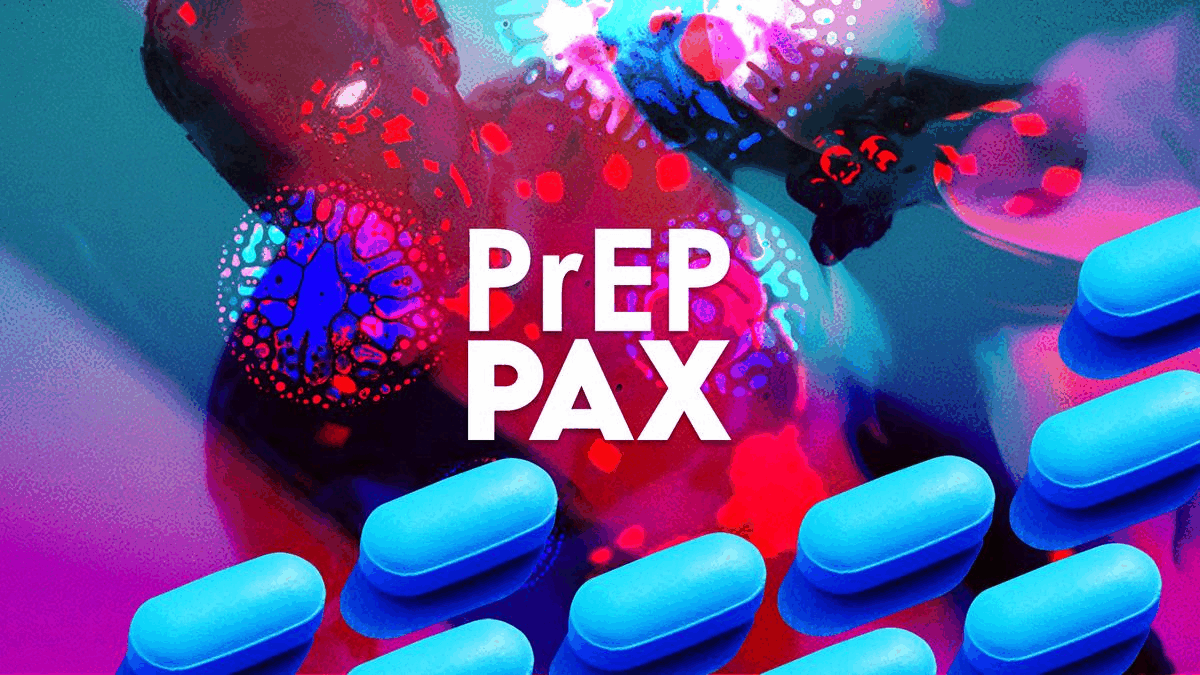What are the common STDs and their symtopms in Men?
2980
What can these signs tell you if you suspect you might have STIs? Symptoms, early signs, treatment, prevention, and where can you get tested.

What are the common STDs and their symtopms in Men?
Sexually transmitted diseases (STIs) can manifest themselves in many ways. Men who engage in risky sexual activities are all at risk of contracting STIs. The risks are higher based on your behaviour. Common STIs in men are
If you notice any symptoms that match these common symptoms after a risky sexual encounter, consider getting checked so you can receive proper treatment quickly. The faster you get treatment, the better the results. Contact us at info.bkk@pulse-clinic.com or any of the following platforms for more information.
![]() +66 65 237 1936
+66 65 237 1936  @PULSEClinic
@PULSEClinic ![]() PulseClinic
PulseClinic
Who is at high risk for STIs?
It is always a good idea to be informed about the risks of STIs. Understanding the risks can help you get proper treatments and prevention. Adjusting your behaviour has proven an excellent way to reduce the chance of getting infected. Some groups of people have higher risks than others and should consider getting protected.
- Men who have sex without condoms
- Men with multiple sexual partners
- Men who have sex with other men
- Sex workers who have multiple partners
- People who use drugs by injections
Common Symptoms for STIs
Understanding its early signs and common symptoms can help you identify your risks and get diagnosed with the right treatments. The symptoms that could be signs of STIs in men are slightly different from those in women. Symptoms that could be signs of STIs in men are usually found around the penis, such as
- Discharge from the penis
- Pain in the groin area
- Pain when urinating
- Painful ejaculation
- Itching sensation inside the urethra
- Itchiness
These symptoms could be early signs of chlamydia, gonorrhea, or syphilis. The symptoms might come and go, so you should be aware of any changes in your body.
Pain when you're peeing or ejaculating could also be caused by a parasite contacted by sex, like trichomoniasis. Though other conditions could cause this, you should check it with your doctor.
STIs can pass through anal sex. Symptoms can show up differently around the anus area.
- Anal discomfort, including itching, burning, pain or even bleeding
- Unusual bumps
- Blood in stools
- Painful bowel movement
Symptoms around your anus might tell you about gonorrhea, herpes, warts, chlamydia, or syphilis. Professionals should look at these symptoms.
The symptoms of STIs can also be transmitted through kissing or oral sex. Using condoms or dental dams when doing oral sex is suggested to reduce the chance of infection. Symptoms of STIs that can show up around lips, mouth, and throat area include
- Sore in throat that won't go away
- Difficulty swallowing
- Swollen lymph node
- Redness or white spots in mouth or throat
- Blisters around the mouth
- Usual discharges from the mouth area
Oral sex is one of the most common ways of spreading STIs. If you have one of these symptoms, it could be a sign of chlamydia, gonorrhea, herpes, HIV, syphilis or other STDs
People with STIs might not show any signs or symptoms at all. There is no way to be sure if someone has STIs if not from test results. Some STIs like Hepatitis B, HIV, and HPV might not cause any symptoms at all for several years. However, if you're exposed to the infections, you still have risks of carrying those infections and still be able to pass them on to your sexual partners. You still need to get it checked and get the correct treatment to reduce the risks of long-term complications that might include
- Infertility
- Rectum cancer from HPV
- Heart disease
- Arthritis
Add us on Line and stay in touch.
Treatments
The good news is most STIs are treatable (if you get it tested)! Having routine tests can help you detect them early and get the right treatments. Men should get tested at least once a year, but if you have multiple sexual partners, this should be done more frequently at every 3-6 months.
- Prescribed antibiotics for STIs caused by bacteria like Chlamydia, Gonorrhea, or Syphilis
- Antiviral medications as prescribed by doctor like Herpes, Hepatitis B, HIV
- Some STIs like HPV don't need any treatments unless any other issues appear. You should still get it checked and be aware of the risks of living with HPV, as it can cause warts and cancer in many areas of your body.
Prevention
You can reduce the chance of exposing yourself to sexually transmitted diseases by using protection. Prevention is one of the most effective treatments for STIs. By protecting yourself, you also help reduce your sexual partner's risks of STIs. There are many protections you should consider using if you're planning to have sex.
Condoms The most accessible form and easiest of protection for men. If used correctly, condoms are 90% to 95% effective against most STIs. People who use condoms consistently in every intercourse are ten times less likely to get infected when exposed to infections.
Consider taking PrEP. PrEP is a medicine taken daily for people with risks of exposure to HIV. Studies have shown that when taken correctly, PrEP is effective in reducing the chance of catching HIV. However, PrEP is the most effective when you use it with other precautions like using condoms. Consult with doctors at clinics near you for prescriptions.
Doxy PEP Doxy-PEP stands for doxycycline post-exposure prophylaxis. It involves taking one 200mg pill of doxycycline, a kind of tetracycline, as soon as possible but no later than three days after having sex without a condom. The study observed its effects over a year in men who have sex with men (MSM) and transgender women and found it reduced bacterial STIs, specifically gonorrhoea, chlamydia, and syphilis, by two-thirds each quarter.
HPV VaccinationHPV vaccination is one of the most effective ways to protect yourself from catching HPV. Men should also consider getting vaccinated, as HPV can still be passed on despite the absence of symptoms. HPV vaccination can also help reduce the risk of developing genital warts, throat cancer, and anal cancer.
Get tested. Suppose you have any of these symptoms and suspect you might have STIs. In that case, you should get consultations from doctors for the correct diagnosis and proper treatment for your conditions at any hospital or sexual health clinic near you. Some of these symptoms might not show up at all in some cases, so it is better to get yourself checked if you are sexually active.
At PULSE, we offer PCR28 tests, an all-in-one test for 28 common sexually transmitted infections, which can detect symptomatic and asymptomatic STDs. PCR 28 is the most comprehensive test to help you get the proper treatment immediately.
Early detection of STDs can improve the chance of successful treatment and prevent STD complications. Learn more about our services and health packages at…
PULSE Clinic Branches
![]() Thailand
Thailand
PULSE Clinic Silom Bangkok info.bkk@pulse-clinic.com Tel: +66 65237 1936 or WhatsApp
![]() or LINE official account
or LINE official account ![]()
PULSE Clinic Nana Bangkok info.bkk@pulse-clinic.com Tel: +66 95915 6385 or WhatsApp
![]() or LINE official account
or LINE official account ![]()
PULSE Clinic Nana2 Bangkok info.bkk@pulse-clinic.com Tel: +66 99426 6982 or WhatsApp
![]() or LINE official account
or LINE official account ![]()
PULSE Clinic Sukhumvit 37 info.bkk@pulse-clinic.com Tel: +66 92497 9353 or WhatsApp
![]() or LINE official account
or LINE official account ![]()
PULSE Clinic Airport Link Phayathai, Bangkok info.bkk@pulse-clinic.com Tel : +66842426292
PULSE Clinic Asoke – Executive Health center Asoke, Bangkok info@eu-health.org Tel :+66 64 742 6528 or WhatsApp
![]() or LINE official account
or LINE official account ![]()
PULSE Clinic South Pattaya info.bkk@pulse-clinic.com Tel :+66 62 828 7969 or WhatsApp
![]() or LINE official account
or LINE official account ![]()
PULSE Clinic North Pattaya info.bkk@pulse-clinic.com Tel :+66 62 828 7969 or WhatsApp
![]() or LINE official account
or LINE official account ![]()
PULSE Clinic Nimman, Chiang Mai info.cnx@pulse-clinic.com Tel: +66 99479 7168 or WhatsApp ![]() or LINE official account
or LINE official account ![]()
PULSE Clinic Patong Beach, Phuket info.phuket@pulse-clinic.com Tel:+66 95261 5282 or WhatsApp
![]() or LINE official account
or LINE official account ![]()
PULSE Clinic Phuket Town, Phuket info.phuket@pulse-clinic.com Tel: +66 64059 1495 or WhatsApp
![]() or LINE official account
or LINE official account ![]()
![]() Malaysia
Malaysia
PULSE Clinic Bukit Bintang, Kuala Lumpur info.kl@pulse-clinic.com Tel: +60321102122, Whatsapp +601165388678
PULSE Clinic Bangsar, Kuala Lumpur info.kl@pulse-clinic.com Tel: +60321102122, Whatsapp +601165388678
PULSE Clinic George Town, Penang info.pg@pulse-clinic.com Tel: +60138039693, Whatsapp +60138039693
Hong Kong
PULSE Clinic Central, Hong Kong info.hk@pulse-clinic.com Tel: +852 2389 8250
![]() Singapore
Singapore
PULSE Clinic Tanjong Pagar, Singapore info.sg@pulse-clinic.com Tel: +65 6974 59190 or WhatsApp
![]()
![]() Philippines
Philippines
PULSE Clinic Manila, Philippines info.ph@pulse-clinic.com Tel:+63 91712454970 or WhatsApp
![]() or LINE official account
or LINE official account ![]()
We’re here to help
With whatever you’re experiencing, you are not alone. PULSE Social Enterprise is here for any concerns and questions that you might have about your health.
From general wellness to mental well-being to sexual health, we will be sure to give you fast, reliable, and safe diagnosis, treatment, and consultation.
You can contact us at info.bkk@pulse-clinic.com or on any of the following platforms for more information.
Trust PULSE CLINIC to take care of your health like other 45000 people from over 130 countries. We provide discreet professional service with high privacy. Here to help, not to judge.















